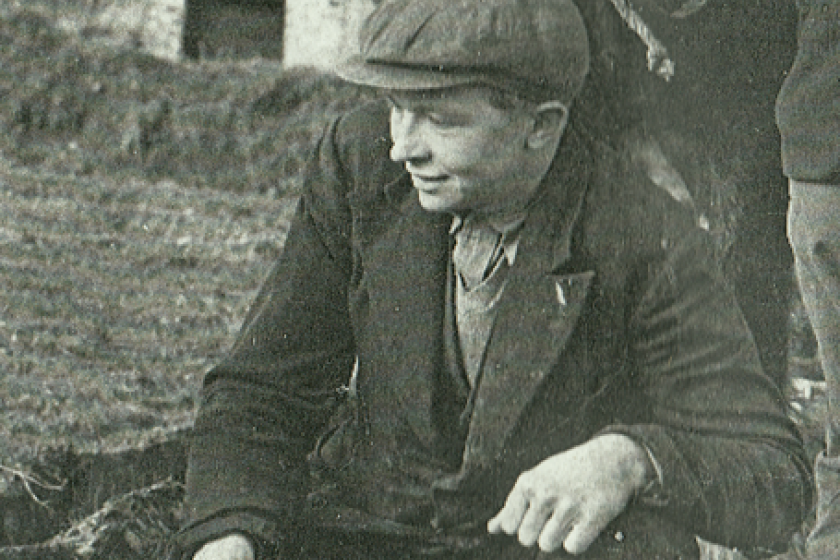Floating ghosts & gang warfare: Manx memories captured
Wed, 24 Apr 2019
From gang warfare on the 1940s streets of Douglas through to ghosts floating up out of the grave in Andreas, a new series of conversations about the past on the Isle of Man has been released online.
The series of new oral history interviews have just been released on the Culture Vannin website and offer first-hand stories of the Isle of Man from the 1900s through to the present day.
Online and Educational Resources Officer at Culture Vannin, James Franklin, says:
“The stories of people’s lives in the Isle of Man are incredibly important. They tell us something which newspapers or history books could never; they give us a sense of who the Island’s people are and what their lives are like.”
The interviews with people from Andreas to Arbory offer many wonderful insights into well-known parts of Manx history, such as the WWII Airfields of the north or the great snow of 1947. But perhaps more interesting are some of the more unusual stories which would be lost but for these recordings.
John Quilliam recalls 10-year-old Raymond “the evacuee from hell,” who would breakfast on beer before fighting in the streets of Douglas. Gordon Cowley remembers seeing their artist neighbour, Archibald Knox, and mistaking him for Jesus. Bob Kewley tells of when he and friends decided to close the road so he could practise for the Southern 100. Manx Radio presenter, John Kaneen, explains his role in the creation of the song, ‘The Ellan Vannin Tragedy.’ Johnny Crellin recalls the harrowing experience of pulling a body from a WWII plane crash in Andreas.
One of the surprising elements in these recordings is the large amount of folklore. This includes ghost stories, such as the repeated sightings of the spectral smugglers at Santon, and also fairies, who flattened the grass on a mound on an Onchan farm with their night-time revelries. The recordings even include first-hand accounts of how to burn ‘bad spirits’ off your land before 1 May.
“These sorts of stories are incredibly important to have captured,” said James Franklin. “Not only are they important historically, but they offer both us and future generations a way to connect to the stories and lives of the people and places around us.”
The interviews are available on the Oral History section of the Culture Vannin website: Oral History
Recent News
-
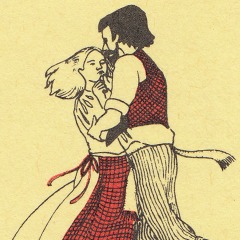
Rinkaghyn Vannin: Manx dance book and cassette released online
Thu, 18 Apr 2024
-

Travel Insighter article on the Isle of Man
Wed, 17 Apr 2024
-

Vin Diesel to star in film version of the Buggane of St Trinian's
Mon, 01 Apr 2024
-

Manx Gaelic Summer School
Tue, 12 Mar 2024
-
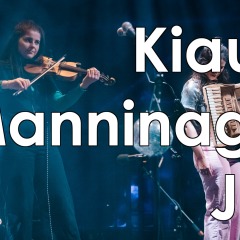
March Manx music and dance newsletter
Fri, 01 Mar 2024
-
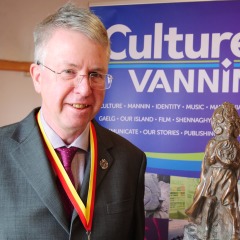
Adrian Corkill awarded the RBV for his work on Manx shipwrecks
Fri, 23 Feb 2024
-
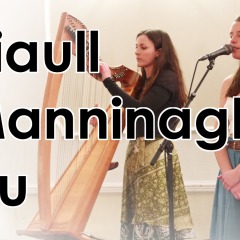
February Manx music and dance newsletter
Thu, 01 Feb 2024
-
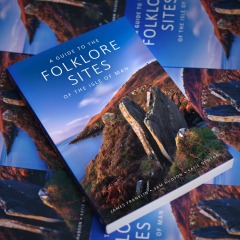
Folklore Guide event
Tue, 09 Jan 2024
-
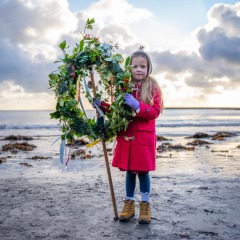
Beautiful pictures of an ancient Manx tradition
Wed, 20 Dec 2023
-
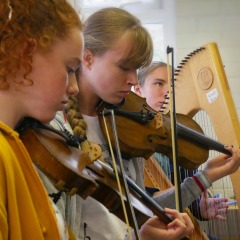
Youth Manx trad session announced
Tue, 19 Dec 2023

